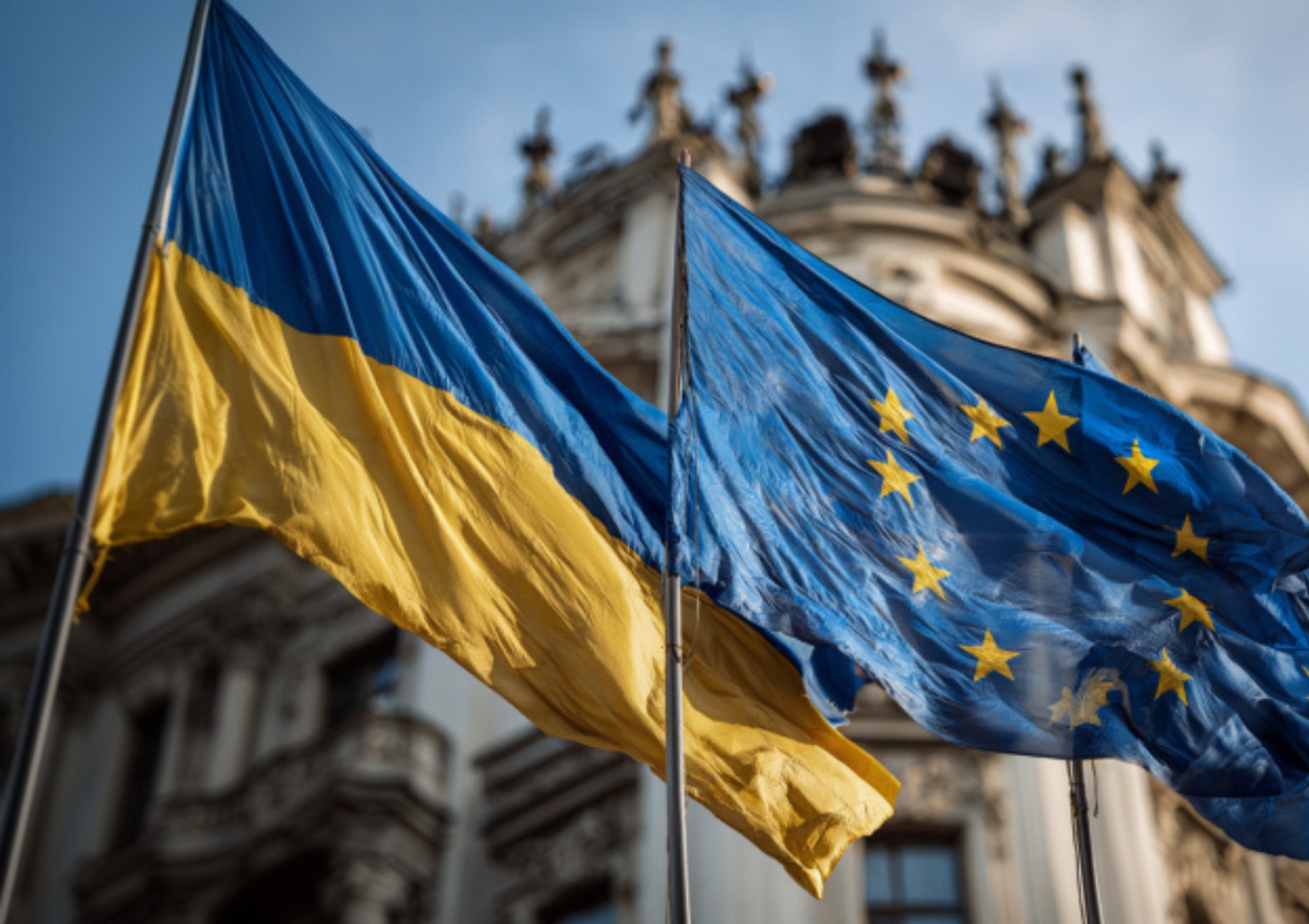
BRUSSELS:
The European Union has agreed its 18th package of sanctions against Russia in response to its war in Ukraine, targeting key sectors to increase pressure on Moscow and advance peace efforts.
The new measures notably introduce a reduction of the G7 oil price cap to $47.6 per barrel, a move aimed at cutting vital revenue streams for the Russian government. Both EU foreign policy chief Kaja Kallas and Commission President Ursula von der Leyen hailed the package as one of the bloc’s most robust yet. Kallas stated on X that “The EU just approved one of its strongest sanctions packages against Russia to date”, while von der Leyen said it “strikes at the heart of Russia’s war capabilities”.
In addition, the package imposes a ban on financial transactions connected to the Nord Stream 1 and 2 gas pipelines, restricts dealings with additional Russian financial institutions, and extends sanctions to over 100 vessels in Russia’s “shadow fleet”, used for sanction evasion. It also targets Rosneft’s refinery operations in India and certain Chinese banks actively assisting Russia’s sanctions circumvention.
Despite earlier resistance from Slovakia and Malta, the package secured the necessary unanimity after both lifted their vetoes. Slovak Prime Minister Robert Fico withdrew his opposition following guarantees from the Commission on managing the impact of the EU’s phase‑out of Russian gas, including assistance against possible supply disruptions and price hikes. Malta’s concerns over the oil price cap were also addressed through written assurances that it will not strengthen Russia’s shadow tanker fleet.
The agreement follows days of internal EU negotiations. On 16 July, discussions faltered due to Slovakia’s continued objections. However, by 18 July, ambassadors had reached consensus on the package’s terms and were set to formalise it via a written procedure.
Energy markets responded quickly. Brent crude rose by $0.62 to $70.14 a barrel, reflecting tighter supply expectations from further restrictions on Russian output.
Observers note that this round of sanctions focuses clearly on weakening Russia’s revenue sources, including oil, gas, banking and military-industrial capabilities. Over 2,400 Russian individuals and entities have already been targeted since 2022, though resistance from member states highlights the challenge of maintaining unity as pressure mounts.
This 18th package underscores the EU’s determination to intensify economic pressure on Russia and uphold its stance in support of Ukraine. With implementation now in motion, all eyes will be on whether these measures significantly disrupt Moscow’s war financing and contribute to a strategic pause in hostilities.